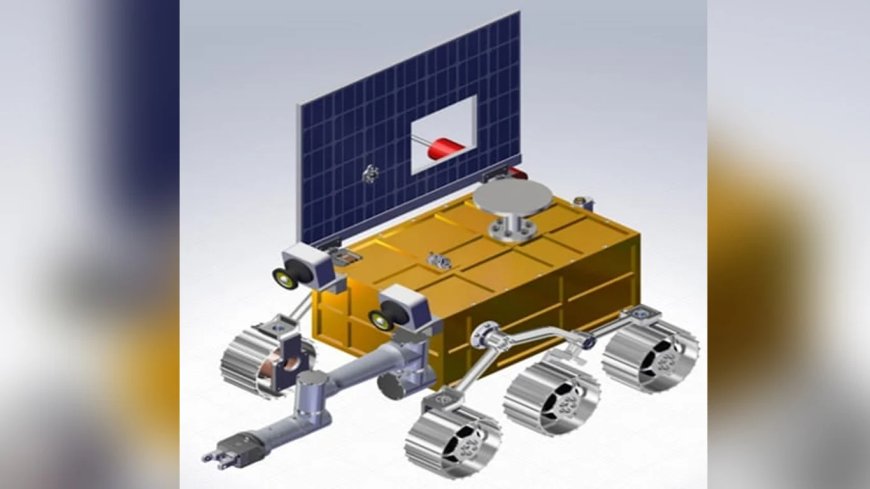Suparco's rover to land on moon aboard China's Chang'e-8

1. Pakistan's historical lunar rover mission to carry advanced scientific payloads developed by Suparco
ISLAMABAD: Pakistan Joins China’s Chang’e-8 Lunar Mission with Indigenous Rover
Pakistan is set to make a significant leap in deep space exploration following the signing of a Memorandum of Understanding (MoU) between the Space and Upper Atmosphere Research Commission (Suparco) and the China National Space Administration (CNSA), according to an official statement released on Thursday.
The MoU was signed on February 5, 2025, in the presence of Pakistan’s President Asif Ali Zardari and China’s President Xi Jinping. Under this agreement, Pakistan’s first indigenous lunar rover will be part of China’s Chang’e-8 mission, scheduled for launch in 2028.
Pakistan’s Role in the Chang’e-8 Mission
The Chang’e-8 mission, developed and led by CNSA, is designed for autonomous scientific exploration, technology verification, lunar surface mapping, and resource utilization. Pakistan’s participation in this mission marks a milestone in its space program and strengthens its contribution to the International Lunar Research Station (ILRS) initiative.
Pakistan’s Indigenous Lunar Rover
Suparco’s lunar rover will be deployed at the Moon’s south pole, an area of great scientific interest due to its unique environment and potential for future human exploration. The rover will carry advanced scientific payloads developed by Suparco, along with an internationally designed payload created through collaboration between Chinese and European scientists. This partnership will enhance the mission’s capabilities in conducting in-depth analyses of the lunar surface.
Designed, manufactured, and tested entirely by Suparco’s engineers and scientists, the rover demonstrates Pakistan’s growing expertise in space technology. Once deployed, Pakistani scientists will control and operate the rover from Earth, further cementing the country’s role in lunar exploration.
Scientific and Technological Objectives
Pakistan’s lunar rover will contribute to several key scientific and technological objectives, including:
- Lunar Soil Analysis – Studying the composition of lunar soil and its potential for resource utilization.
- Surface Mapping – Assisting in future lunar exploration missions by mapping the terrain.
- Plasma and Emission Studies – Assessing emission levels and plasma properties on the lunar surface to understand their impact on future missions.
- Technology Testing – Evaluating new technologies for long-term lunar operations and sustainable human presence.
Strengthening Pakistan-China Space Cooperation
This collaboration between Suparco and CNSA highlights the strong bilateral ties between Pakistan and China and their shared vision for deep space exploration. It also reinforces Pakistan’s commitment to advancing its national space program and contributing to global scientific research.


















































